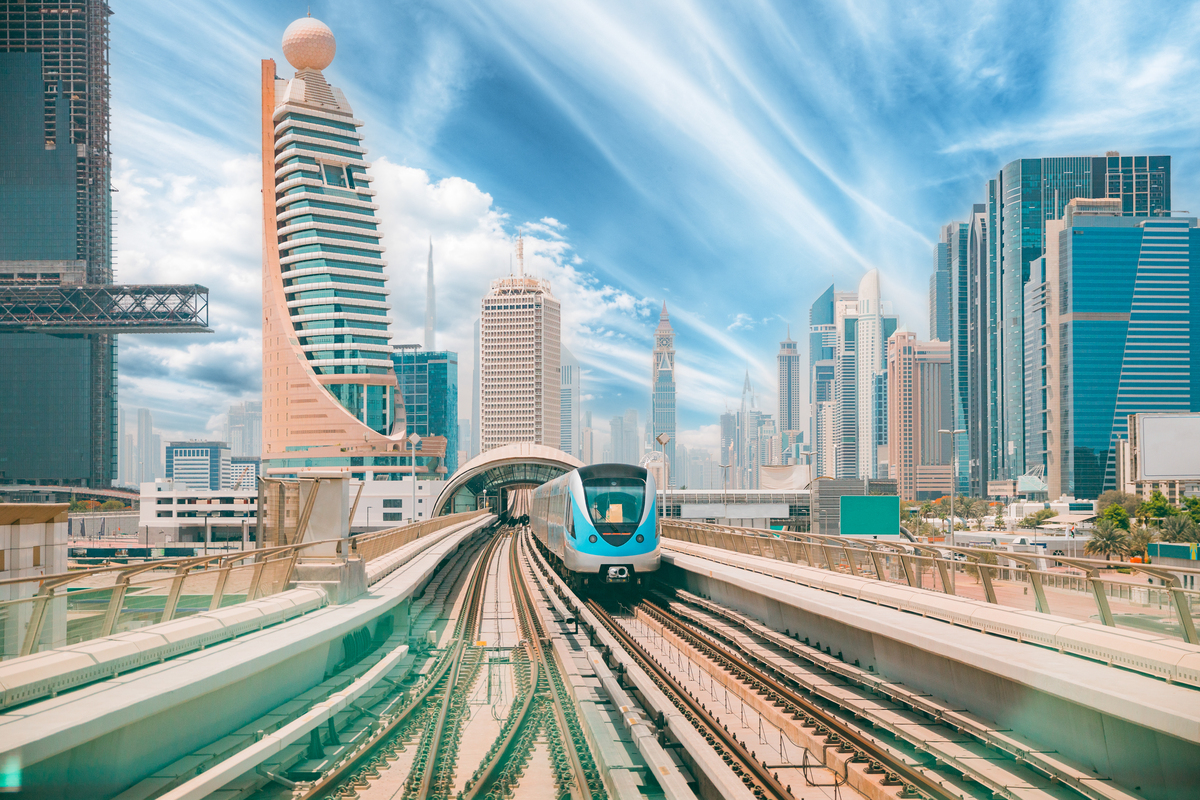The recent imposition of global tariffs under the Trump administration has introduced a wave of economic uncertainty across international markets. Among the most affected countries is China, which has faced tariffs exceeding 125% on its goods exported to the United States. This escalating trade conflict has raised important questions regarding the nature of tariffs and their broader implications—particularly for countries like the UAE.
What Are Tariffs?
Tariffs are essentially taxes levied on imported goods, calculated as a percentage of the product’s value. For example, if a UAE-based company exports a product valued at USD 15 to the United States, and a 10% tariff is applied, the final cost of the product becomes USD 16.50. The company would then be required to pay USD 1.50 as a tariff to the U.S. government.
While the UAE is not subjected to the same high tariff rates as countries like China, the ripple effects of global trade disruptions can still influence its economy. The UAE’s strategic position in global commerce, coupled with its diversified trade relationships, makes it susceptible to both direct and indirect consequences of shifting trade policies.

Key Macroeconomic Impacts on the UAE:
1. Oil Price Volatility
Oil exports contribute to approximately 30% of the UAE’s Gross Domestic Product. A slowdown in global trade, as a result of heightened tariffs, typically leads to reduced demand for oil. This drop in demand may cause a decrease in oil prices, which could in turn affect government revenues. Lower liquidity may limit public sector investments across various industries, including construction and real estate.
2. Investor Caution
Global investors are approaching markets with increased caution amid ongoing economic uncertainty. British investors, in particular, are facing heavy tax burdens in their domestic market, prompting many to explore international opportunities. Dubai, known for its investor-friendly tax environment, may emerge as an appealing alternative. This trend is expected to stimulate growth, particularly in the secondary property market, as more investors seek secure and tax-efficient real estate options
3. Rising Construction Costs
China, a key supplier of raw materials for global construction, has been hit hardest by the new tariffs. This has resulted in increased global prices for construction inputs, including steel and iron. According to a 2023 report, the UAE imported approximately USD 2.32 billion worth of construction materials from China. The rise in tariffs is expected to raise construction costs in the UAE by an estimated 2.7% to 3.3%, and this may lead to higher overall property prices in the future.
4. Interest and Mortgage Rates
Given that the UAE dirham is pegged to the U.S. dollar, economic changes in the United States often influence the financial landscape of the UAE. If tariffs contribute to inflation in the U.S., the Federal Reserve may respond by increasing interest rates. This would likely result in higher mortgage rates in the UAE, reducing borrowing power and potentially deterring first-time homebuyers.
5. Impact on Off-Plan Projects
The increase in construction costs may cause delays in the handover or launch of off-plan projects—especially those announced before the implementation of tariffs. Developers could face challenges in procuring materials or may need to absorb higher costs, potentially leading to price adjustments for upcoming projects. Nonetheless, many developers may respond by offering flexible payment plans to maintain buyer interest and sustain momentum in the off-plan segment.
6. Potential Influx of Foreign Investors
In times of global instability—whether driven by tariffs, taxation, or regulatory uncertainty—the UAE continues to position itself as a safe and attractive destination for high-net-worth individuals (HNWIs). Investors from regions directly impacted by the tariffs, such as Asia (particularly China), may increasingly view the UAE as a stable economic environment, thereby reinforcing its position as a global investment hub.







